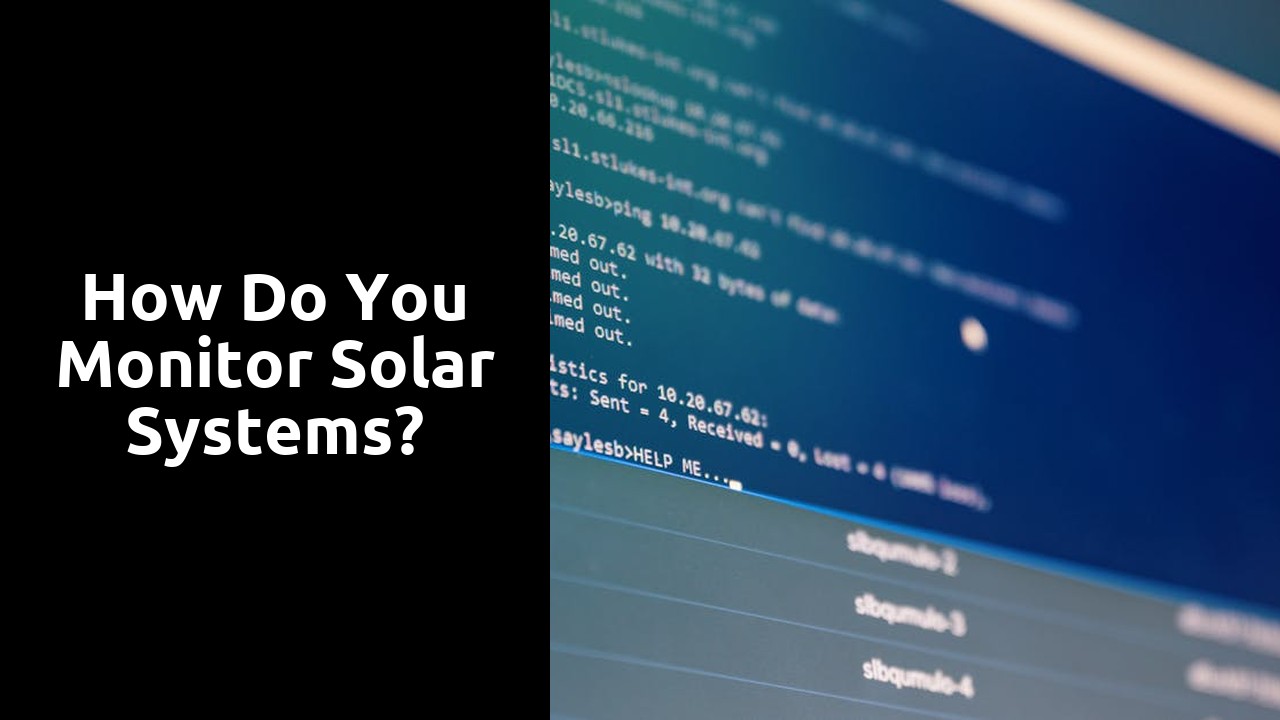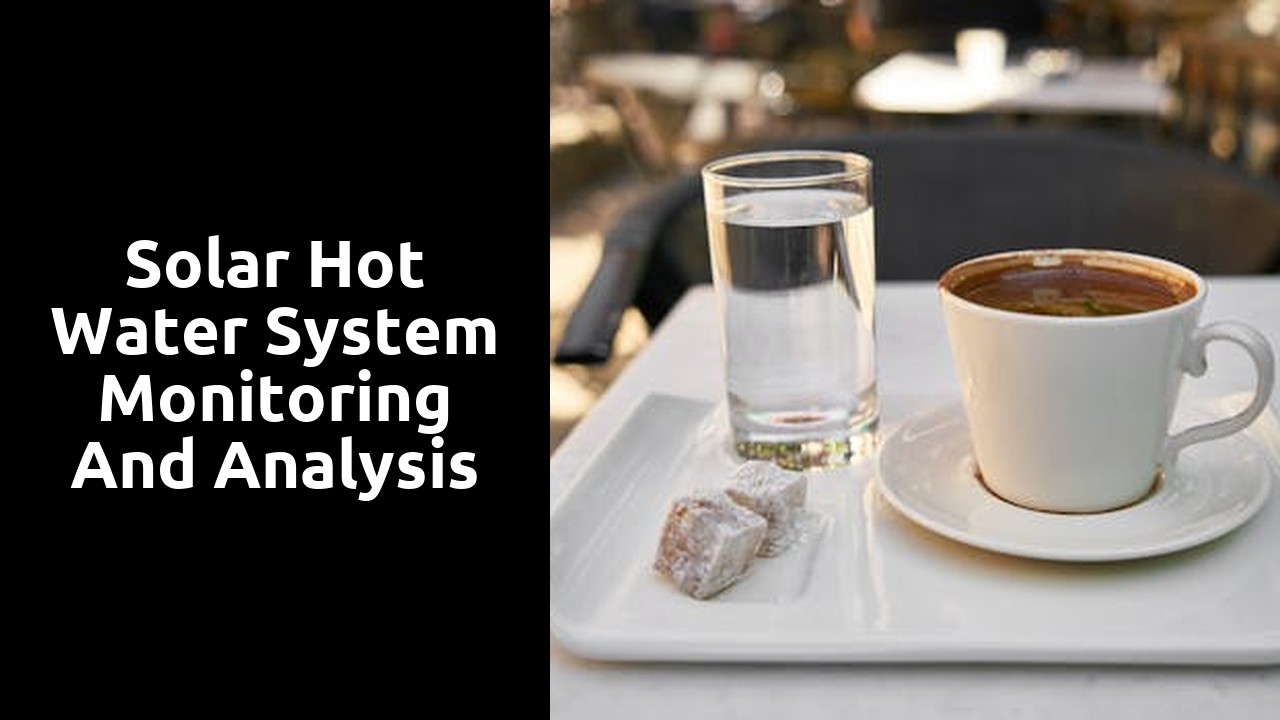
Assessing the impact of weather conditions on a solar system is crucial for ensuring optimal performance and efficiency. In Australia, where solar energy plays a significant role in powering homes and businesses, monitoring the effects of weather on solar systems is essential. By employing advanced monitoring techniques and tools, such as Solar Hot Water System Monitoring and Analysis, solar system owners can track the impact of varying weather patterns on their system's output.
Factors such as cloud cover and sun exposure greatly influence the efficiency of solar panels. Monitoring cloud cover and sun exposure levels allows system owners to anticipate fluctuations in energy production and make necessary adjustments to maximise output. Through the use of real-time data collection methods and analysis tools, such as Solar Hot Water System Monitoring and Analysis, solar system owners can proactively manage their system's performance in response to changing weather conditions.
Monitoring Cloud Cover and Sun ExposureHow much does a solar hot water heater pump cost?
Cloud cover and sun exposure play a crucial role in the efficiency of solar energy systems. Monitoring these factors is essential to ensure optimal performance of solar panels. Solar Hot Water System Monitoring and Analysis can help identify patterns in cloud cover and sun exposure that may impact the energy production of the system. By closely tracking these variables, system operators can make informed decisions to maximize energy generation.
Recording data on cloud cover and sun exposure allows for better prediction of when the system may experience fluctuations in energy production. This information can be used to adjust energy usage or storage to ensure continuous power supply. Solar Hot Water System Monitoring and Analysis offers valuable insights into how external factors, such as weather conditions, can influence the overall performance of solar systems, enabling owners to take proactive measures to maintain efficiency.
Recording System Data for Analysis
Recording system data is a crucial aspect of ensuring the optimal performance and efficiency of solar systems. Solar Hot Water System Monitoring and Analysis involves the collection of data related to the energy production, consumption patterns, and overall system operation. This data is essential for identifying any deviations from expected performance and allows for timely interventions to address any issues that may arise.
By regularly analysing the recorded system data, it becomes possible to track trends over time and gain insights into the long-term performance of the solar system. This information is invaluable for identifying areas for improvement, fine-tuning system settings, and maximising the overall efficiency and effectiveness of the solar hot water system. Furthermore, by leveraging the data collected through monitoring and analysis, system operators can make informed decisions regarding maintenance schedules, upgrades, and potential system expansions to meet changing energy needs.
Tracking LongTerm System Performance
Tracking Long-Term System Performance is crucial for ensuring the efficiency and longevity of solar systems. Regular monitoring allows for detecting any issues or inefficiencies early on, thus preventing potential system failures. By consistently recording and analysing system data, solar system owners can identify trends and patterns to make informed decisions for system enhancements or maintenance.
